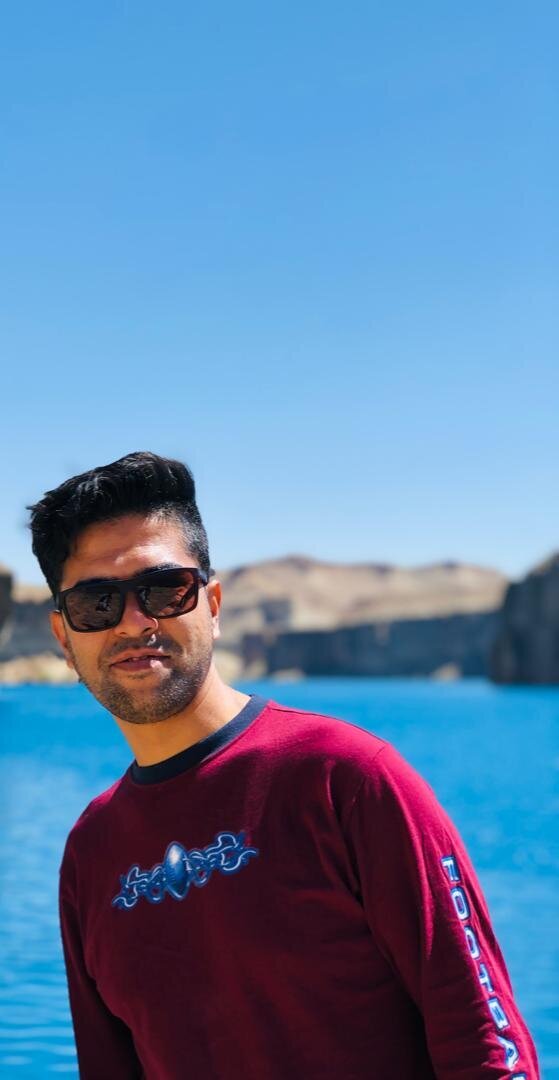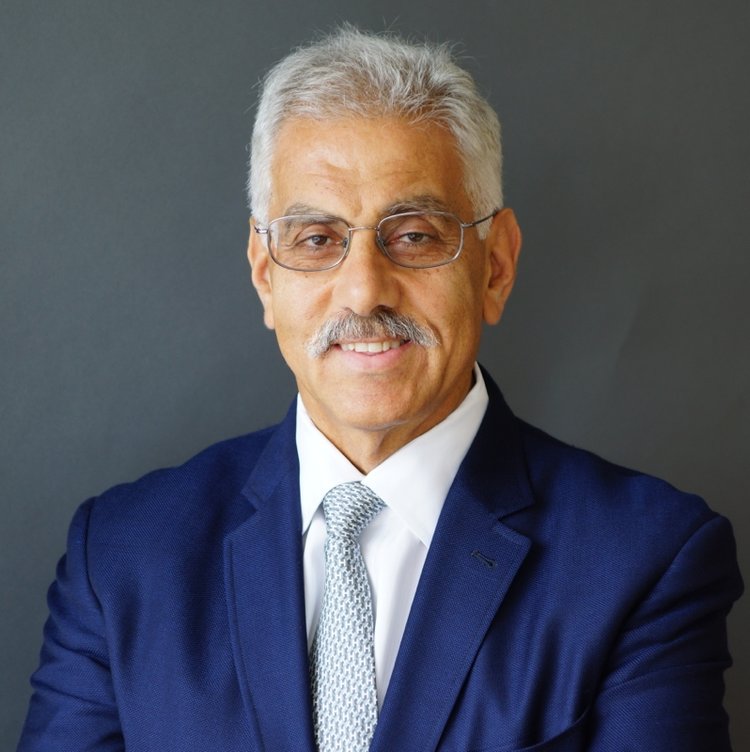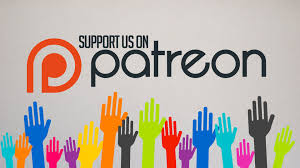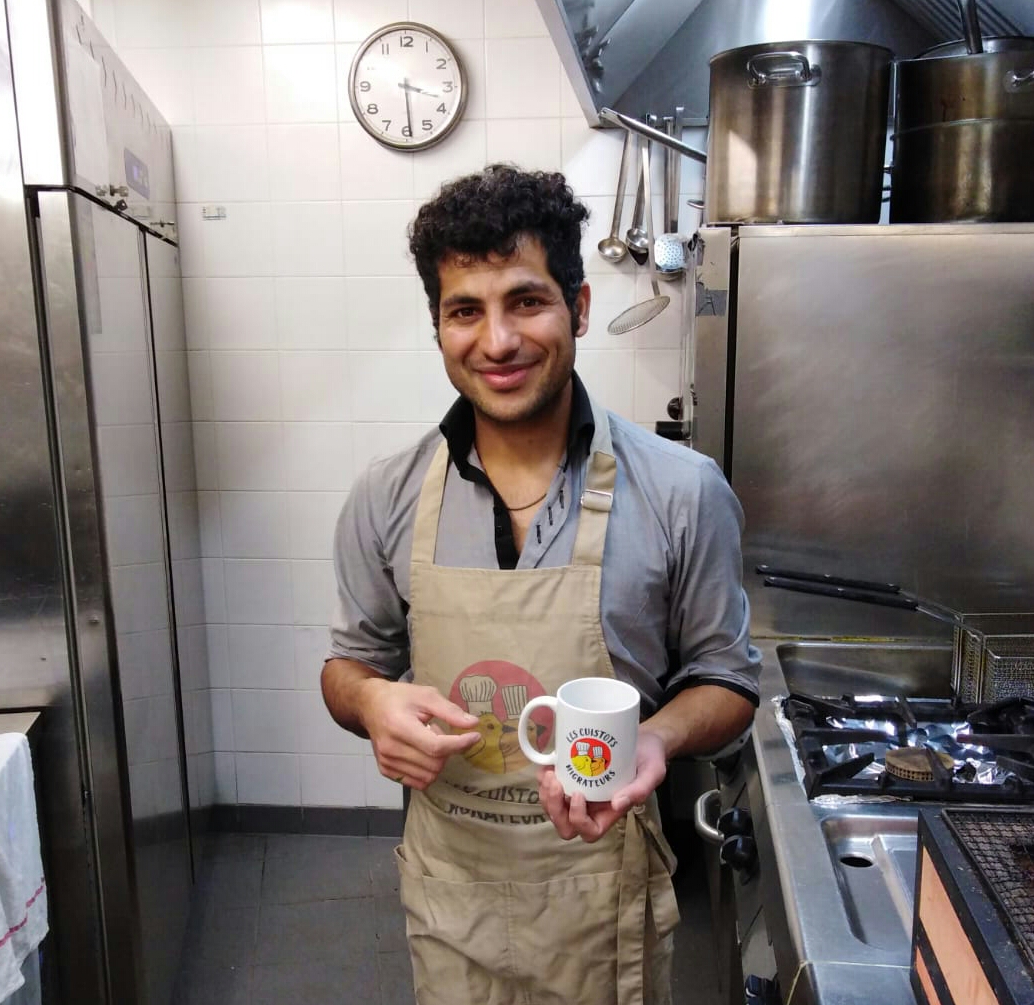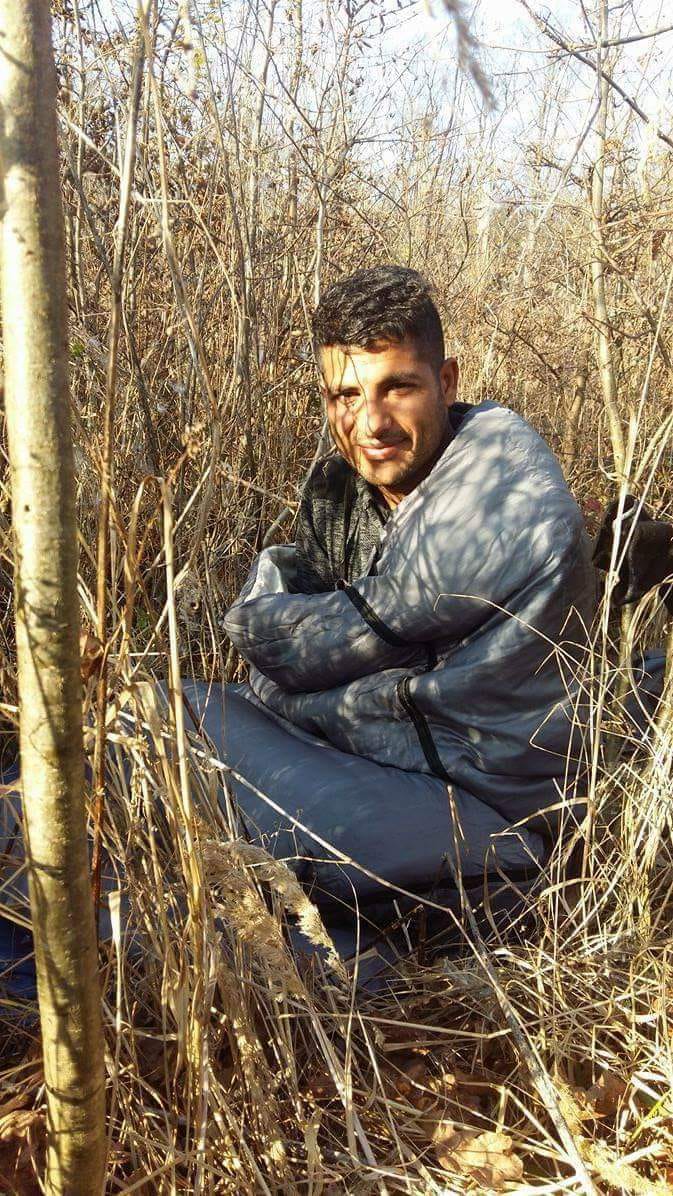As the formal US occupation of Afghanistan comes to an ignominious close, human rights defender Basir Bita joins us again from Kabul. We discuss the recent offensive by the Taliban that has seen it taking large swathes of the country, the varied interests and involvement of the key international players in Afghanistan’s present and future, and perhaps most critically, the legacy of US abandonment of those Afghans who have put their lives on the line to aid its two decades of foreign occupation.
And for US citizens, this document has all the info you need concerning whom to call in Washington, and even a script for what you need to say to them to help evacuate as many Afghans as possible.
We can throw our hands up and wish that somebody would make things better, or we can be those people right now, today. The choice is yours. Let's move!

